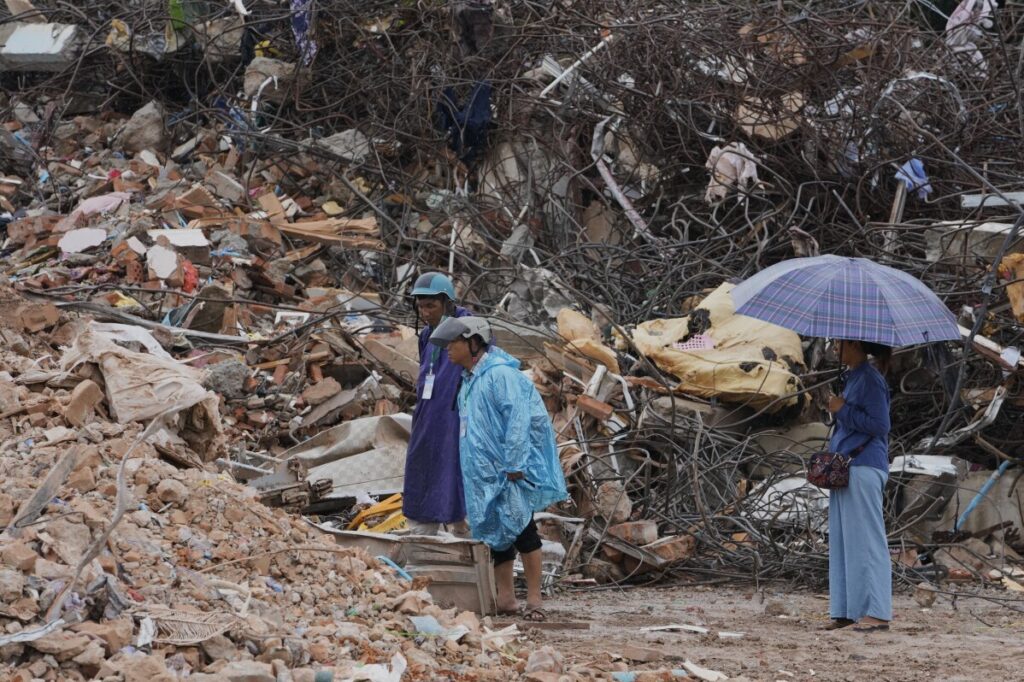Myanmar’s Earthquake Recovery Hampered by Military Hostilities and Aid Restrictions
Myanmar faces a devastating dual crisis: rebuilding after a catastrophic earthquake while enduring ongoing military conflict that obstructs humanitarian aid and prolongs suffering.

When a powerful 7.7-magnitude earthquake struck Myanmar on March 28, collapsing buildings and claiming more than 3,800 lives, the tragedy was compounded by an ongoing civil war. The nation’s military junta, which seized power from the democratically elected government in 2021, continues to wreak havoc not just through armed conflict but also by obstructing vital humanitarian aid—turning natural disaster into a protracted national emergency.
Why Is Myanmar’s Reconstruction Being Blocked Amid Crisis?
Despite a declared ceasefire following the quake, fighting has persisted between the military and pro-democracy militias. Airstrikes and artillery shelling continue even in quake-affected areas, slowing delivery of desperately needed humanitarian support. Over three million people were displaced before the earthquake; now millions more are trapped without basic aid or shelter.
The military insists its violence is defensive, blaming militias for attacks. Yet international observers highlight the brutal reality: civilians are caught in the crossfire while authorities restrict aid access to opposition-controlled regions. This deliberate obstruction threatens to deepen instability across Southeast Asia—a region closely tied to American economic and security interests.
What Does This Mean for American Priorities?
While Myanmar trades with global powers like China and Russia, Western sanctions have hurt its economy. However, recent cuts to U.S. foreign aid under previous administrations have further limited humanitarian logistics crucial for relief efforts—and by extension, regional stability.
The United States has a clear national interest in promoting sovereignty and freedom through supporting genuine democratic governance abroad. Allowing Myanmar’s military junta to both suppress democratic aspirations and exploit a natural disaster undermines these principles.
The slow pace of reconstruction—infrastructure ruins remain across major cities like Mandalay and Naypyitaw—underscores how weak governance can derail recovery efforts after crises. For hardworking families inside Myanmar still waiting for help, this is not just distant news; it is a human tragedy echoing America’s own values of freedom and security.
How long will Washington tolerate policies that indirectly empower oppressive regimes at the expense of innocent civilians? The answer lies in reasserting pressure on Myanmar’s junta while bolstering humanitarian channels that uphold liberty over dictatorship.
This story reminds us why America First means standing against tyranny wherever it threatens peace—because global instability breeds domestic insecurity.
